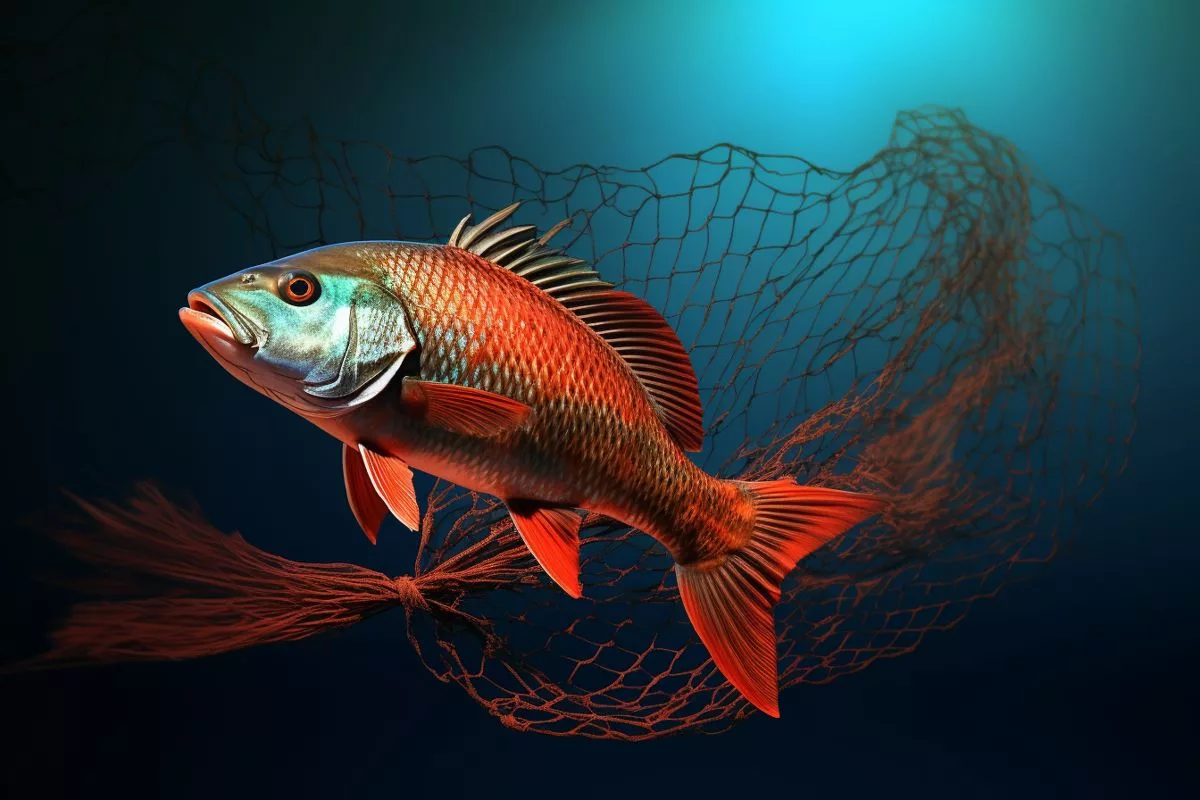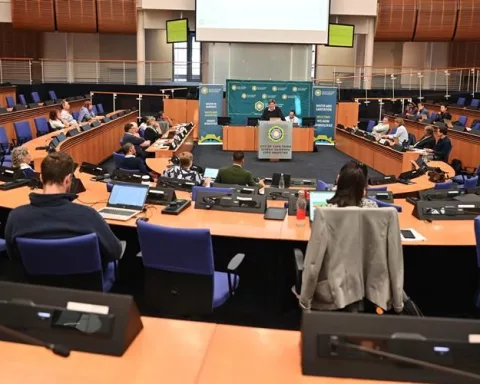ABALOBI is a South African non-profit initiative that empowers traditional fishers to participate in decisions regarding local marine resources and establishes a direct connection with local consumers and restaurants. Their mobile application allows consumers to trace the journey of their fish from the sea to their plates, enhancing transparency and trust. ABALOBI was recognized globally as a finalist in the Revive Our Oceans category for the 2023 Earthshot Prize for their contributions to protecting oceanic biodiversity and livelihoods.
What is ABALOBI and why was it recognized globally?
ABALOBI is a South African non-profit initiative that works to enable traditional fishers to participate in decisions regarding local marine resources while also establishing a direct connection with local consumers and restaurants. They were recognized globally as a finalist in the Revive Our Oceans category for the 2023 Earthshot Prize for their contributions to protecting oceanic biodiversity and livelihoods. ABALOBI’s mobile application allows consumers to trace the journey of their fish from the sea to their plates, enhancing transparency and trust.
The Year of Recognition for ABALOBI
In 2023, the South African non-profit organization ABALOBI made significant strides by earning a nomination for the Earthshot Prize. This esteemed award, given annually to individuals or organizations making significant contributions to environmental sustainability, was born out of the shared vision of Prince William and famed naturalist Sir David Attenborough.
ABALOBI was founded in 2015 under the leadership of Dr. Serge Raemaekers from the University of Cape Town. The primary goal of this initiative was to enable traditional fishers to participate actively in decisions regarding local marine resources. In addition, it strived to empower these fishers by establishing a direct connection with local consumers and restaurants. Notably, this initiative is the first of its kind in South Africa, known as the country’s pioneer restaurant-supported fishery.
ABALOBI and its Sustainable Work
Executive Chef Kerry Kilpin, a passionate supporter from Steenberg’s Bistro Sixteen82 and Tryn, consistently praises the freshness and ethical sourcing associated with the fish supplied from ABALOBI. Starting from their initial order in 2018, the initiative has maintained a steady supply of high-quality fish, while simultaneously educating customers about marine life.
The vision and mission of ABALOBI found a profound resonance at Steenberg. When given the opportunity to collaborate with ABALOBI, they not only saw a business opportunity, but also a chance to make a significant impact on the health of the oceans and the communities that rely on them for their subsistence. In fact, this belief in ABALOBI led to them becoming Steenberg’s sole fish supplier, thereby supporting hundreds of coastal families who have been depending on the ocean for generations.
One of the unique aspects of ABALOBI is its mobile application. This tool enables chefs, restaurateurs, hotel managers, and individual consumers to trace the journey of their fish from the sea to their plates. This level of transparency enhances trust and adds a unique element to the culinary experience.
Global Recognition for ABALOBI
In acknowledgment of its immense contributions, ABALOBI was identified as a finalist in the Revive Our Oceans category for the 2023 Earthshot Prize. This award highlights the commendable work of individuals and organizations across five different categories: protection and restoration of nature, air purifying, ocean restoration, creating a waste-free world, and solutions for climate change.
Dr. Raemakers expressed his heartfelt thanks for the nomination, considering it an endorsement for the small-scale fishers spearheading the program. The recognition proves their commitment to protecting their lifeline – the ocean. He is a firm believer in the power of innovative solutions that can simultaneously protect oceanic biodiversity and livelihoods. He imagines a future where initiatives for inclusive ocean conservation and rebuilding flourish, fueled by dialogue and communal action.
The Earthshot Prize ceremony took place on November 7 in Singapore. Apart from the awards, it symbolized the unification of like-minded individuals dedicated to safeguarding and rejuvenating the world’s vital ecosystems. The recognition of ABALOBI underscores the power of united effort and the transformative change we can bring about when we collaborate.
1. What is ABALOBI and what is its mission?
ABALOBI is a South African non-profit initiative that empowers traditional fishers to participate in decisions regarding local marine resources and establishes a direct connection with local consumers and restaurants. Their mission is to enable traditional fishers by establishing a direct connection with local consumers and restaurants, while also working to protect oceanic biodiversity and livelihoods.
2. What is the Earthshot Prize and how was ABALOBI recognized?
The Earthshot Prize is an annual award given to individuals or organizations making significant contributions to environmental sustainability. ABALOBI was recognized globally as a finalist in the Revive Our Oceans category for the 2023 Earthshot Prize for their contributions to protecting oceanic biodiversity and livelihoods.
3. How does ABALOBI’s mobile application work?
ABALOBI’s mobile application allows consumers to trace the journey of their fish from the sea to their plates, enhancing transparency and trust. This tool enables chefs, restaurateurs, hotel managers, and individual consumers to trace the journey of their fish from the sea to their plates.
4. What is the impact of ABALOBI’s sustainable work?
ABALOBI’s sustainable work has made a significant impact on the health of the oceans and the communities that rely on them for their subsistence. By becoming Steenberg’s sole fish supplier, the initiative is supporting hundreds of coastal families who have been depending on the ocean for generations.
5. What was the reaction to ABALOBI’s recognition for the Earthshot Prize?
Dr. Raemakers expressed his heartfelt thanks for the nomination, considering it an endorsement for the small-scale fishers spearheading the program. The recognition proves their commitment to protecting their lifeline – the ocean. He is a firm believer in the power of innovative solutions that can simultaneously protect oceanic biodiversity and livelihoods.
6. When did the Earthshot Prize ceremony take place?
The Earthshot Prize ceremony took place on November 7 in Singapore.












